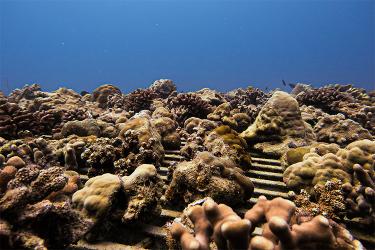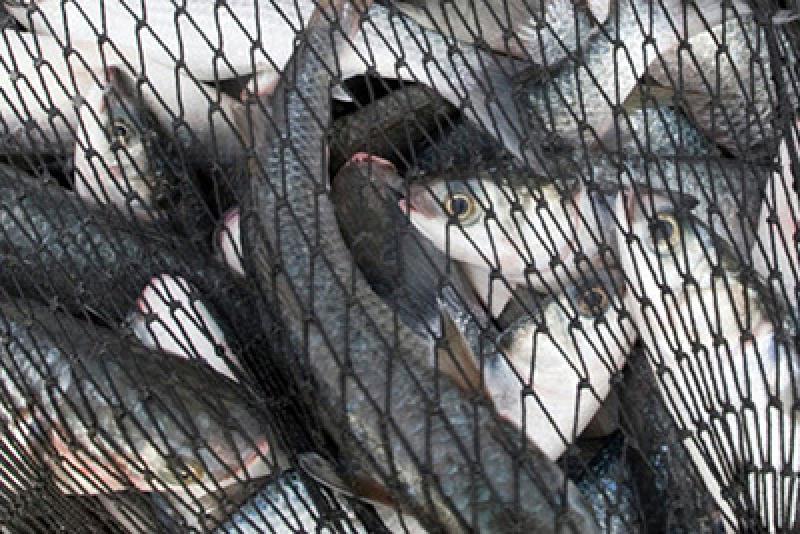NOAA continues to be a global leader in addressing illegal, unreported, and unregulated fishing. Today, NOAA Fisheries released its 2015 Biennial Report to Congress, highlighting U.S. findings and analyses of foreign IUU fishing activities. The report also highlights bycatch of protected species and shark catch on the high seas, where nations do not have a regulatory program comparable to the United States.
The 2015 report identified six nations—Colombia, Ecuador, Mexico, Nigeria, Nicaragua, and Portugal—as having vessels engaged in IUU activities. On behalf of the United States, NOAA Fisheries will consult with each of the nations to press for corrective action to address these activities and improve their fisheries management and enforcement practices related to IUU fishing. If these nations do not take sufficient action and receive a positive certification in the next biennial report, the United States may prohibit the importation of certain fisheries products and deny port privileges for that nation’s fishing vessels.
Dr. Kathryn Sullivan, former under secretary of commerce for oceans and atmosphere and NOAA administrator, noted, “As one of the largest importers of seafood in the world, the United States has a global responsibility and an economic duty to ensure that the fish we import is caught sustainably and legally. The President and NOAA are committed to doing our part to working with these nations to encourage their compliance, and we will continue to work with our partners to detect and combat illegal practices.”
The previous 2013 Biennial Report to Congress identified 10 nations—Colombia, Ecuador, Ghana, Italy, Korea, Mexico, Panama, Spain, Tanzania, and Venezuela—whose vessels engaged in IUU fishing activities. Over the last two years, the U.S. government consulted with these nations and determined that each took appropriate action by adopting new laws and regulations or amending existing ones, sanctioning the vessels, improving monitoring and enforcement, and/or challenging the basis of the identification of individual vessels. These measures resulted in a positive certification, meaning that no further action is required.
The 2015 Biennial Report did not identify any countries for bycatch of protected living marine resources or for shark catch on the high seas. The 2013 report, however, identified Mexico for lacking management measures to mitigate bycatch of North Pacific loggerhead sea turtles in the gillnet fishery in the Gulf of Ulloa, Baja California Sur. Mexico has made meaningful progress in developing a regulatory program to address this issue. NOAA Fisheries will continue to consult with Mexico moving forward and will delay the country’s certification decision until May 2015.
“The United States is committed to working bilaterally and multilaterally to combat illegal fishing and to ensure the effective management of bycatch of protected species, and shark catch on the high seas,” said Eileen Sobeck, former assistant administrator for NOAA Fisheries. “We are encouraged by the positive steps these nations took to address IUU fishing and will continue to explore all avenues to combat IUU activity on a global scale.”
IUU fishing undermines international efforts to sustainably manage and rebuild fisheries and creates unfair market competition for fishermen who adhere to strict conservation measures like those in the United States. IUU fishing can also devastate fish populations and their productive marine habitats, threatening food security and economic stability worldwide. Independent experts have estimated global economic losses from IUU fishing to be between $10 billion and $23 billion annually, undermining economic opportunities for U.S. fishermen.
These biennial reports are required under the High Seas Driftnet Fishing Moratorium Protection Act, as amended by the Magnuson-Stevens Fishery Conservation and Management Reauthorization Act and the Shark Conservation Act.



